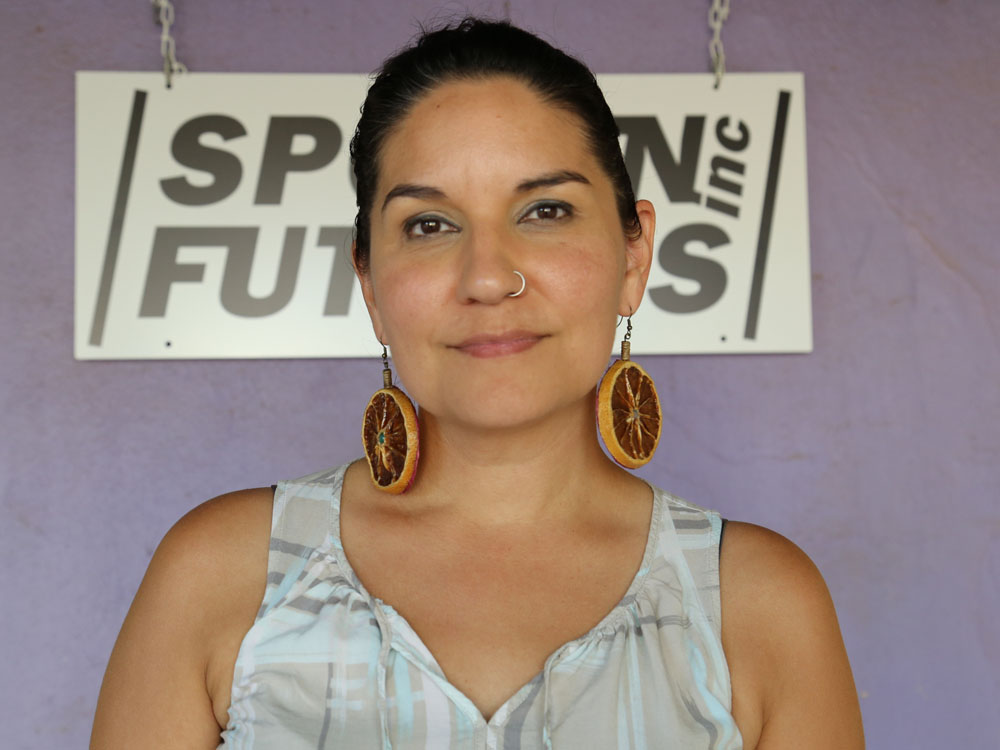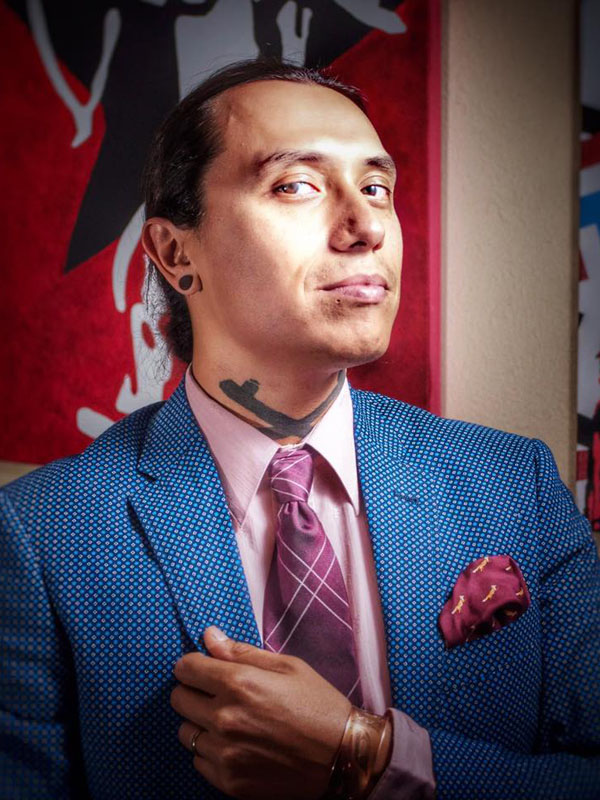End of the Year Contest Deadlines: Fiction and Nonfiction
Fiction and nonfiction writers, with a just over a week left in 2017, consider submitting your best stories, essays, or full-length books to the following contests. Each award offers a prize of at least $1,000 and publication, and has a deadline of December 31.
River Styx Micro-Fiction Contest: A prize of $1,500 and publication in River Styx is given annually for a short short story. Entry fee: $10
Boulevard Short Fiction Contest: A prize of $1,500 and publication in Boulevard is given annually for a short story by a writer who has not published a nationally distributed book. Entry fee: $16
Tampa Review Danahy Fiction Prize: A prize of $1,000 and publication in Tampa Review is given annually for a short story. The editors will judge. Entry fee: $20
Press 53 Award for Short Fiction: A prize of $1,000 and publication by Press 53 is given annually for a story collection. Kevin Morgan Watson will judge. Entry fee: $30
Ashland Creek Press Siskiyou Prize for New Environmental Literature: A prize of $1,000 is given annually for a book of fiction or creative nonfiction that focuses on the environment, animal protection, ecology, or wildlife. The winner also receives a four-week residency at PLAYA, a writers retreat located on the edge of the Great Basin near Summer Lake, Oregon. Unpublished manuscripts and books published in the past five years are eligible. Jonathan Balcombe will judge. Entry fee: $18
Lascaux Review Prize in Fiction: A prize of $1,000 is given annually for a novel published in the previous two years. Entry fee: $20
Livingston Press Tartt Fiction Award: A prize of $1,000, publication by Livingston Press, and 100 author copies is given annually for a first collection of short stories by a U.S. citizen. Fiction writers who have not published a short story collection are eligible. Entry fee: $20
Visit the contest websites for complete guidelines, and check out our Grants & Awards database and Submission Calendar for more upcoming contests in poetry, fiction, and nonfiction.





 Spoken Futures, a youth organization based in Tucson, Arizona, hosted the season kickoff of the Tucson Youth Poetry Slam (TYPS) on August 19, 2017, which featured P&W–supported poet Bobby Wilson. Wilson’s work is heavily influenced by his Dakota heritage, and his spunky spirit and deep cultural roots resonated with the high school-aged youth. He led a writing workshop with about ten youths, moving them through the anxiety of writing and performing. By the end, all overcame their fears and signed up to compete in the poetry slam.
Spoken Futures, a youth organization based in Tucson, Arizona, hosted the season kickoff of the Tucson Youth Poetry Slam (TYPS) on August 19, 2017, which featured P&W–supported poet Bobby Wilson. Wilson’s work is heavily influenced by his Dakota heritage, and his spunky spirit and deep cultural roots resonated with the high school-aged youth. He led a writing workshop with about ten youths, moving them through the anxiety of writing and performing. By the end, all overcame their fears and signed up to compete in the poetry slam. Wilson, a new transplant to Tucson, but a friend of many years to local organizers, also performed a set halfway through the slam. He roped in the audience with poems about his indigenous heritage, trauma from colonization, and dreaming our dreams. In his opening piece, he spoke about the national anthem: “I will not stand, I will not kneel. There are needles in our knees given to our grandparents by good God-fearing men and the women they own.” Wilson is raw, honest, and a kind person. He stayed late to talk to youth, and supported our work with his time and energy.
Wilson, a new transplant to Tucson, but a friend of many years to local organizers, also performed a set halfway through the slam. He roped in the audience with poems about his indigenous heritage, trauma from colonization, and dreaming our dreams. In his opening piece, he spoke about the national anthem: “I will not stand, I will not kneel. There are needles in our knees given to our grandparents by good God-fearing men and the women they own.” Wilson is raw, honest, and a kind person. He stayed late to talk to youth, and supported our work with his time and energy.